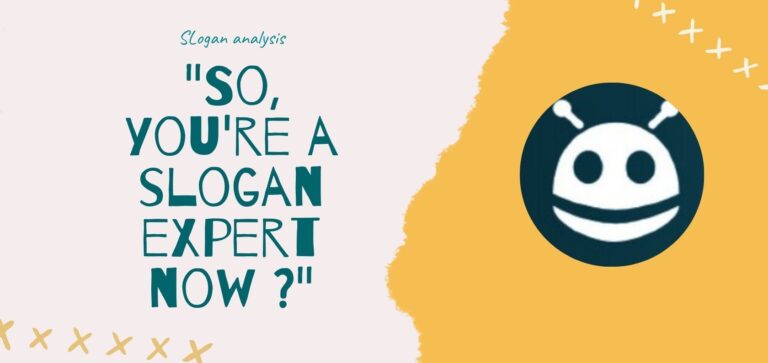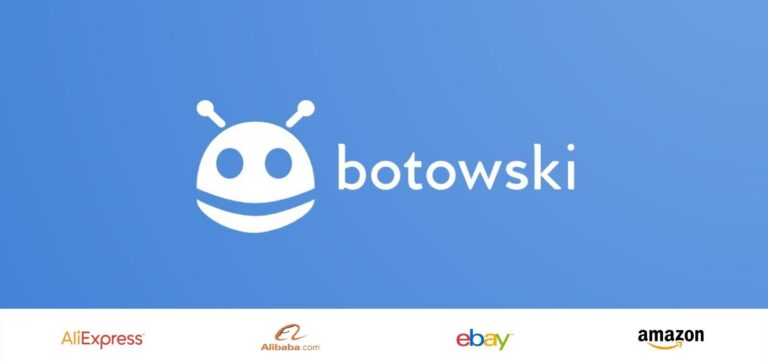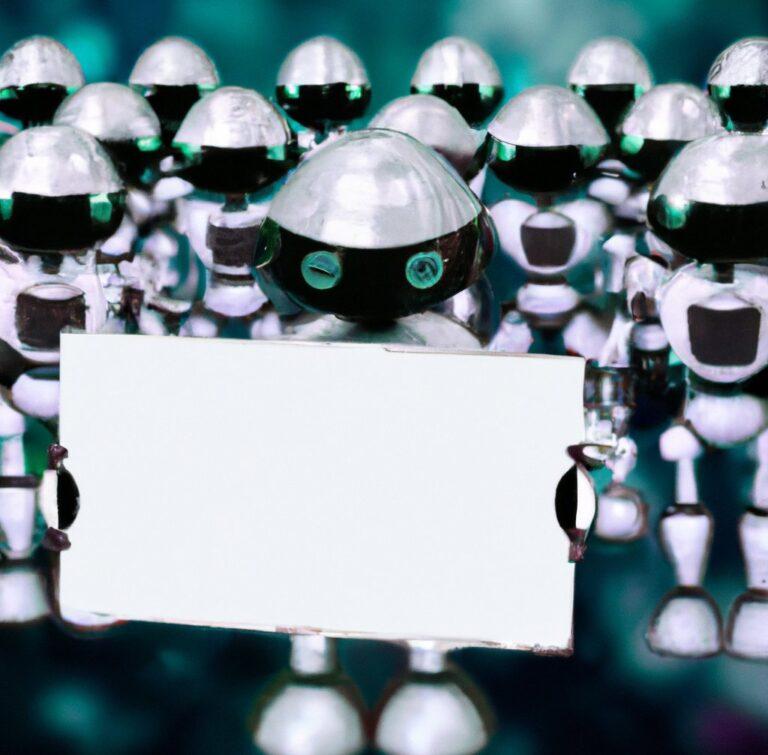We have just announced the new launch of our AI slogan generator for businesses!
What is a slogan?
Every business needs a slogan to stand out. But, what is it?
A slogan is defined as “a short, memorable phrase that helps promote the business by capturing its essence or promoting what they offer.” In other words, it captures the idea of what your business does in one or at most a couple words.
Most companies use it for advertising because slogans can be used as a way to market products or services, build brand awareness, and create an identity for the company. It is a powerful tool in marketing because it can serve as a way to create brands that people remember and associate with the company.
Some slogans are also unforgettable, like Nike’s slogan “Just Do It.” The company used the three-word phrase that is not only easy to remember but also shows their determination to make sure people use Nike’s brand.
Sometimes, slogans are just saying what the brand is or does, like Coca-Cola’s slogan of “It’s Time For A Coke.” This slogan does not necessarily say all about the product but what you can get by drinking it.
Other times, slogans are used as a way to describe your business or products. Nokia’s slogan is “Connecting People,” which explains that it makes communication possible for people.
Whichever slogan, they all have one thing in common- they express what the company or product is about.
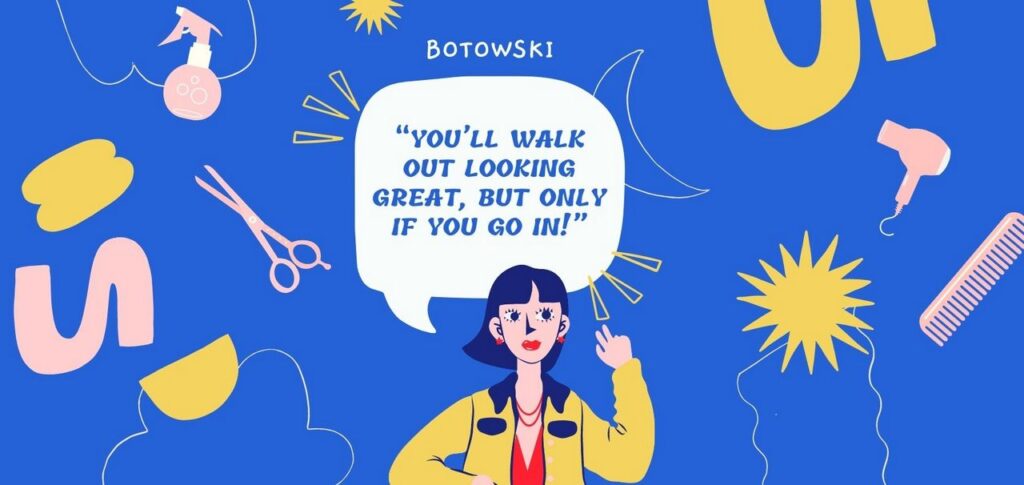
Why is a slogan important for businesses?
As previously mentioned, slogans can be used as a way to market products or services, build brand awareness, and create an identity for the company.
But why should a company brand itself with something like a slogan? A business that uses catchphrases to build awareness and keep its products or services at the front of consumers’ minds have a distinct advantage over their competitors. A slogan, as simple as it may seem, can give businesses a way to reach out and communicate with its customers.
For example, Pepsi’s slogan is “Pepsi: It’s Fun to Drink.” This short slogan aims to describe the soft drink in an easily digestible manner. If Pepsi were instead, simply called “Pepsi Cola,” it would lose the ability to build brand awareness and memorability.
Furthermore, slogans spread like wildfire in the public consciousness. They can be seen on posters or heard on television commercials everywhere. If people see your slogan too often, they’re more likely to remember it, which makes them more likely to buy. A company could be selling the most useful, highest-quality products in the world, but if it doesn’t have a catchy slogan to advertise itself with, people may never know.
Slogans often act as the face of a company. They are the introduction to business that sells that product or service. Think back to when you were in school and were given a book to read for your class. You probably gave the title of that book little or no attention, right? However, if you glanced at the cover and read the catchy slogan, you were intrigued. That is because your brain processed the title with disparaging haste, but took in the significance of a good slogan immediately.
A slogan can make the difference between a sale and no sale. The words “Just Do It” on Nike’s classic shoe logo are instantly recognizable to even those who don’t participate in sports. The slogan has become so recognizable that even people who don’t like to run can associate it with Nike’s shoes.
This effect translates into business because books such as Seth Godin’s “Purple Cow” say that it is more effective to make people pay attention and remember your product than it is to improve the quality of your product or service.
Slogans also help consumers to differentiate between products in the same category that are otherwise very similar. For instance, Apple makes computers—just like Dell, HP, Sony—but they are not sitting idly by while the market share of personal computer companies is gobbled up by these other two. Instead, they utilize the slogan: “Think Different,” and it has worked remarkably. Although Apple is still a very small portion of the computer market, that slogan ensures that consumers are not forgetting about them by placing Apple products in their memory.
People are creatures of habit, which also plays an important role when creating a slogan. People love to hear things from the business they know and trust over those that are new to them. Slogans can help cement a relationship with customers by imprinting on their minds what your company or product is. By using a slogan, brands are able to produce an image that will push consumers towards their products.
Slogans can also be used as a way to create an image in the minds of consumers about what type of people they are associated with themselves. It is easier to market the slogan “Just Do It” than it would be to describe what people who wear Nike shoes do, why they do it and how they achieve it.
As previously stated, slogans become a powerful tool in marketing because they can be used to create brands that people remember and associate with the company. They work hand-in-hand with logos because the logo is the face of your brand while slogan acts as its voice.
A business utilizing slogans will find it easier to develop powerful, memorable brands. A slogan communicates the brand promise in one quick and memorable phrase, is remembered more often than a company’s name and can be used in almost all media: broadcast, print, Internet, packaging—you name it.
If you are already operating a business and have no catchy slogan or tag line to market yourself with, then creating one may be your best option for improving the public’s awareness of your company.
How to create slogans for businesses?
The process of creating a slogan for business is very similar, almost the same as creating a tagline. As mentioned before – slogans and taglines should share a dominant idea or a core thought – an idea that will resonate with the audience and should be easily remembered.
It is important to avoid creating one-time slogans, which don’t have any connection to other products of the company. Even if it means that you need to postpone the slogan before release date, schedule a few month for brainstorming and come up with an everlasting one.
In the recent years we’ve seen many slogans that were created with the collaboration of artificial intelligence. The idea behind the slogan creation is to use AI that feeds off previous slogans and combines stemming, unsupervised learning algorithms and other approaches.
Actually, we’ve built a slogan generator for businesses or products and it’s free.
Examples of a good slogan
Let’s look at some of the best slogans in history to see what makes them great.
Most people know about Nike’s famous slogan, Just Do It – so let’s look at the corporate history of Nike first to understand why it adopted this slogan.
Comparison of all types of sports shoes, including information about Nike itself and its contribution on being a great sports shoe brand. Original Nike shoes have been famous for its unique design, size and weight combinations. It has been used by athletes worldwide who are looking for a shoe that is more responsive to the way they want their shoes to feel on them. Despite many controversies about how Nike raised it prices, some still believe in its slogan that Nike shoes are for the athletes by the athletes.
Next, let’s look at another example of a great slogan.
You’ll never walk alone was the slogan adopted by Liverpool Football Club when they were in debt in 1993. Their income had decreased by 50% so they adopted this slogan, to reflect how football clubs are not just about money and corporate sponsors. This slogan helped them bring their fans together in times of need, to raise money that helped their financial standing. And when the club started winning, this slogan also gave them motivation to reach at the top positions of the Premier League.
Let’s look at another famous slogan. It wasn’t Coca-Cola that started using “Things go better with Coke” as a slogan – it was first written by an opera singer, who gave it to Coca-Cola as one of his lyrics. After Coca-Cola used the slogan for their campaign, they also made it popular by pairing it with the song and people loved it.
This slogan has been historically one of Coke’s most successful slogans as it promotes their soft drink to more than just an ordinary soft drink. It helped to promote the idea that Coca-Cola is more than just a drink, it’s part of people’s life.
Another famous slogan was adopted by Apple for their latest iPhone X – “thought the process”. The slogan fits perfectly with what they have been famous for all these years, which is innovation above all. They are known to create something that has never been seen before, so it’s only natural for them to use this slogan when selling their new gadgets.
